When asked when they feel the most patriotic, DePaul Prep students had a multitude of answers: celebrating the Fourth of July, watching the United States in the Olympics, attending baseball or football games, and even standing in solidarity in remembrance of moments of national crisis, like 9/11.
Yet, when asked when they feel the least patriotic, these same students unanimously agreed: Election Day.
On November 5th, Donald Trump beat Kamala Harris in a heated presidential election, officially becoming the 47th president of the United States.
This win sparked intense emotions from both sides, and exacerbated the political polarization that has existed for years in this country, calling into question what patriotism truly means in a divided nation.
While the textbook definition of patriotism is devotion and support for one’s country, according to Merriam Webster, people have different interpretations on what this means to them, based on various factors.
Social Studies Department Chair Matthew McDowell said for him, patriotism is “appreciating the values and principles that our nation aspires to.”
For senior Devin Frye, patriotism simply means “supporting your community, working together to keep a happy, healthy, and well rounded community, government and country.”
Patriotism also changes meaning or importance based on background or identity. Frye said that coming from a military family, where both his parents were in the air force, his family has “ingrained” him with patriotic values.
Junior Kiki Novakovic said that because her parents are from a different country, “it gives you the chance to really explore your national identity, not just here, but in different places, and how you can connect it back to your morals and values.”
However, when this patriotism is taken to the next level, it shifts over to the territory of nationalism, which is often associated with believing you are always right, and having a sense of superiority over others, in regards to your country.
“There is one party in this country that has kind of monopolized American symbols, under the guise of patriotism,” McDowell said, “For example, if you are driving down the road and you see a pickup truck with a bunch of American flags fly out out the back, you are almost automatically drawn to stereotyping that person, to being part of one political party and that party being very nationalistic.”
Politicians often use this sense of patriotism or nationalism to their benefit, in both positive and negative ways. Patriotism can be used to unite the country during times of crisis, like the evening of 9/11, when members of Congress went down to the steps of Congress and joined in song, in an act of solidarity for the lives lost.
However, patriotism can also be manipulated by politicians. As McDowell said, “It’s very easy to deflect criticism and couch it under, well, that individual is not being patriotic if they don’t agree with me.”
Many students felt that this past election negatively impacted their sense of patriotism.
“This election was particularly messy,” Junior Derek Juergens said, “The two major parties are very divided, and that hurts.”
Frye agrees with this point, as he sees patriotism as bringing the country together, and when the election has left us so polarized, with the public’s “beliefs being crushed and reinforced,” it is more difficult for people to identify as patriotic.
”There are elections that have inspired and there have been elections that have left the American citizens a little bit disillusioned.” McDowell said, “And, depending on the tone and the aftermath, that sets the tone of how our patriotism is going to be framed.”
Novakovic said that this election has particularly impacted the way she sees her country, as, “there’s a lot of things I personally cannot take pride in, and it’s going to affect how I feel about my national image.”
Moving forward, these students agreed that patriotism in the modern era has changed its meaning from the past. With the advent of social media, where people can spread misinformation and hate speech faster than ever, it is sometimes difficult to find hope in a field of darkness.
They aren’t sure what could happen to switch the tide, make patriotism popular again, yet as Jeurgens said, “If you force someone to be patriotic, patriotism loses its meaning.”


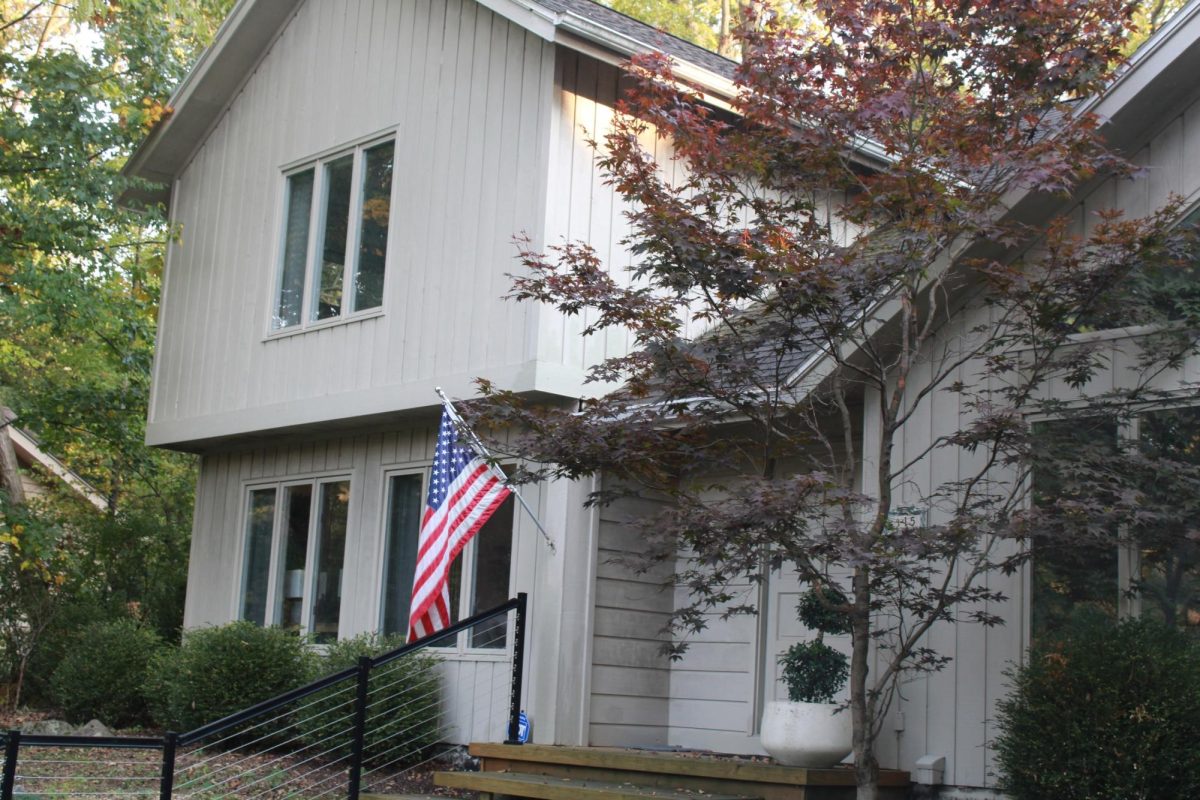

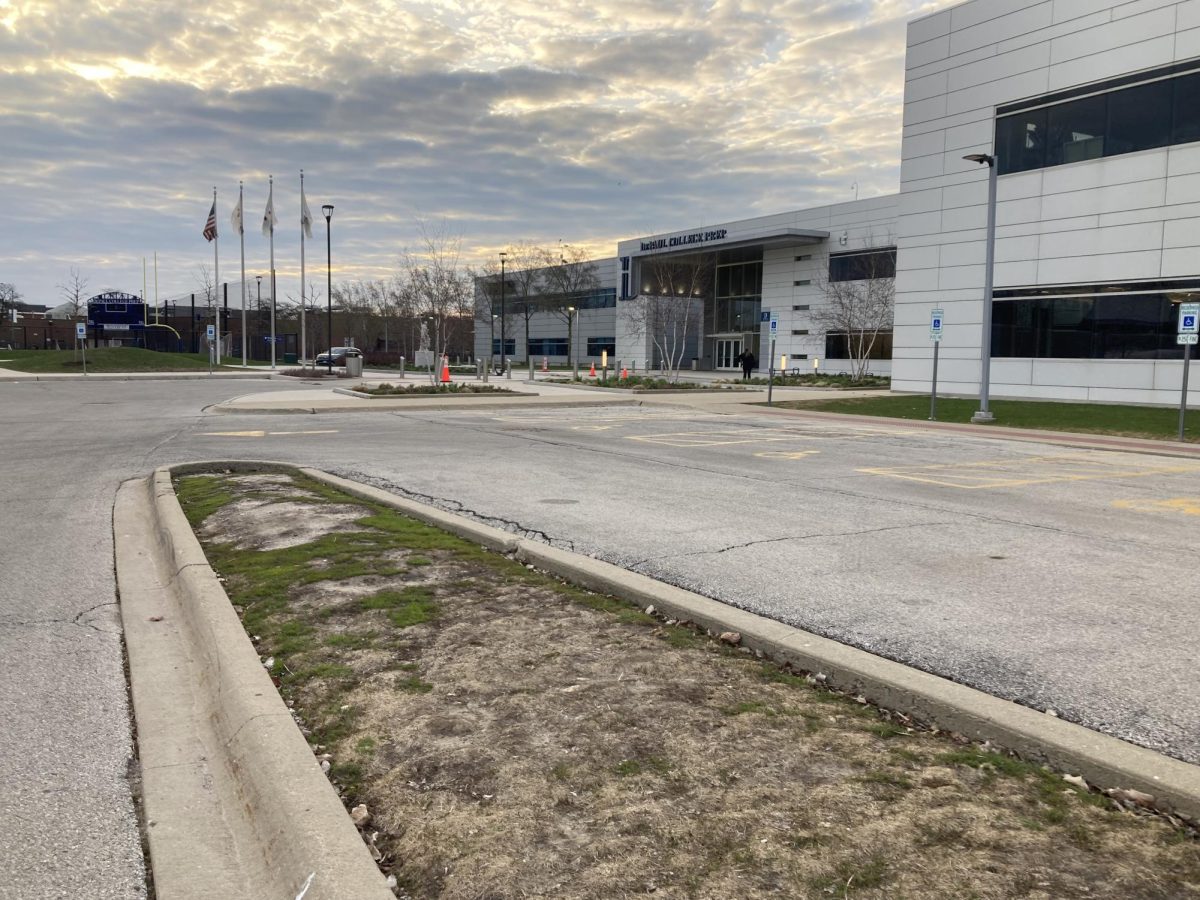
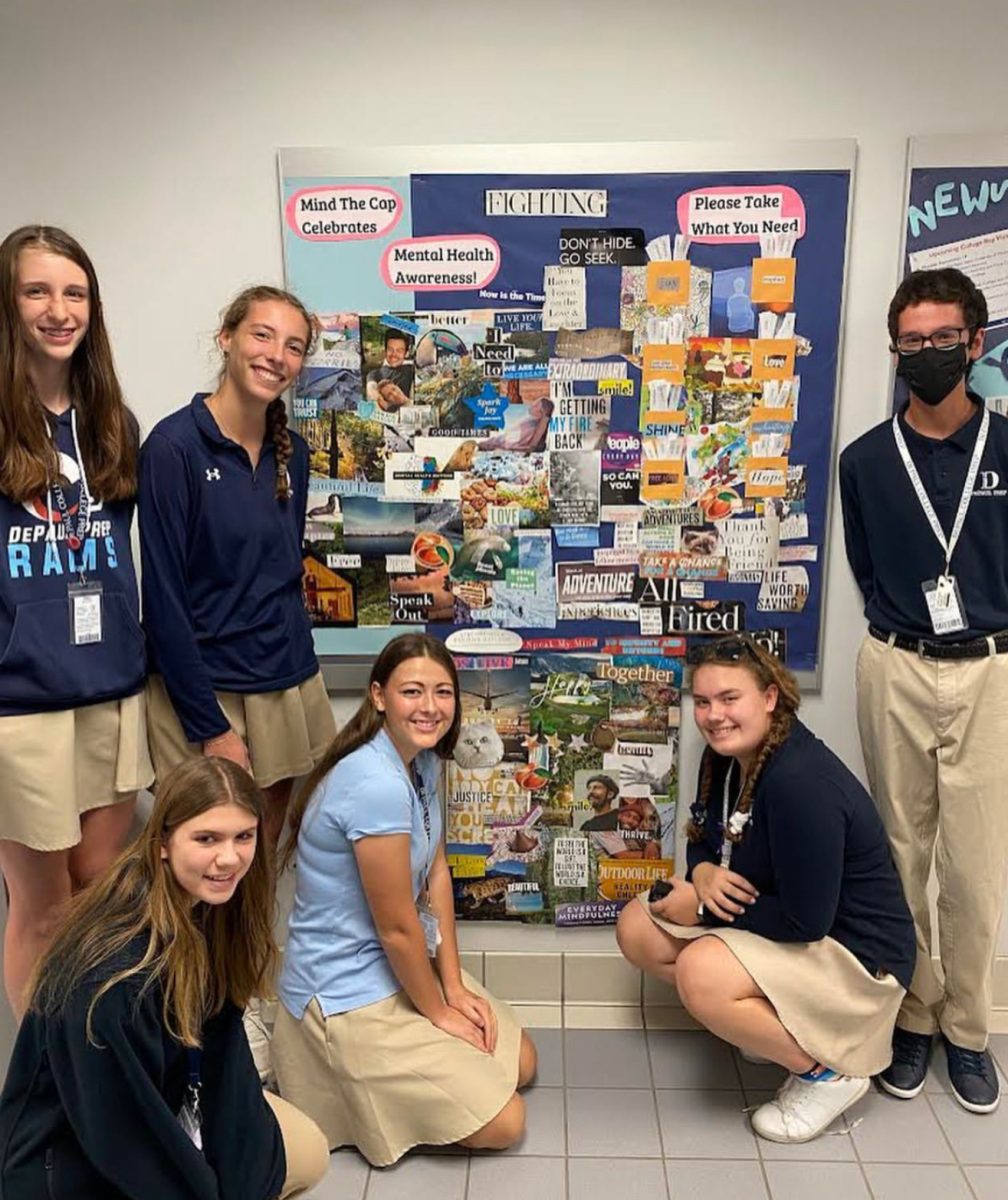

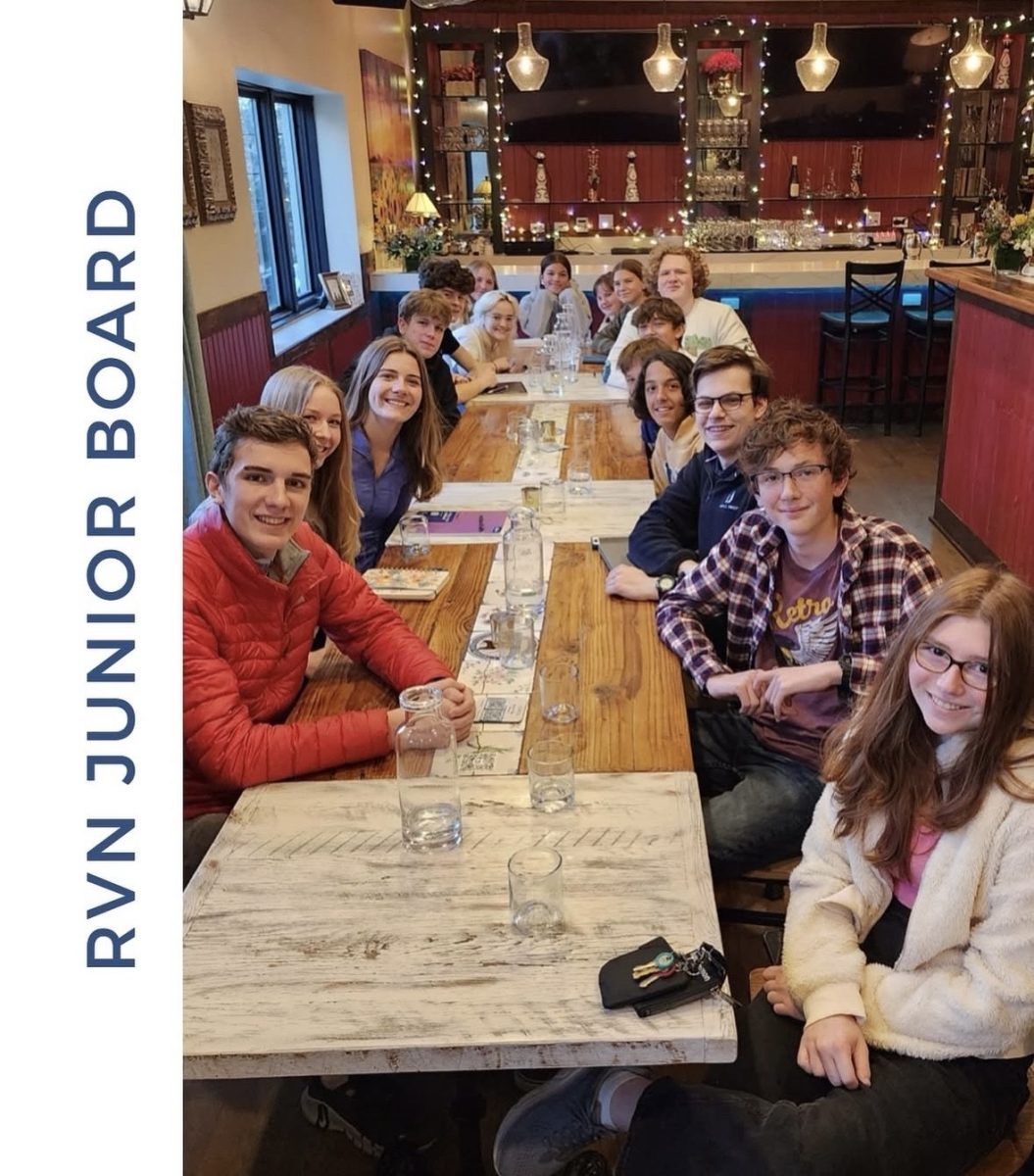
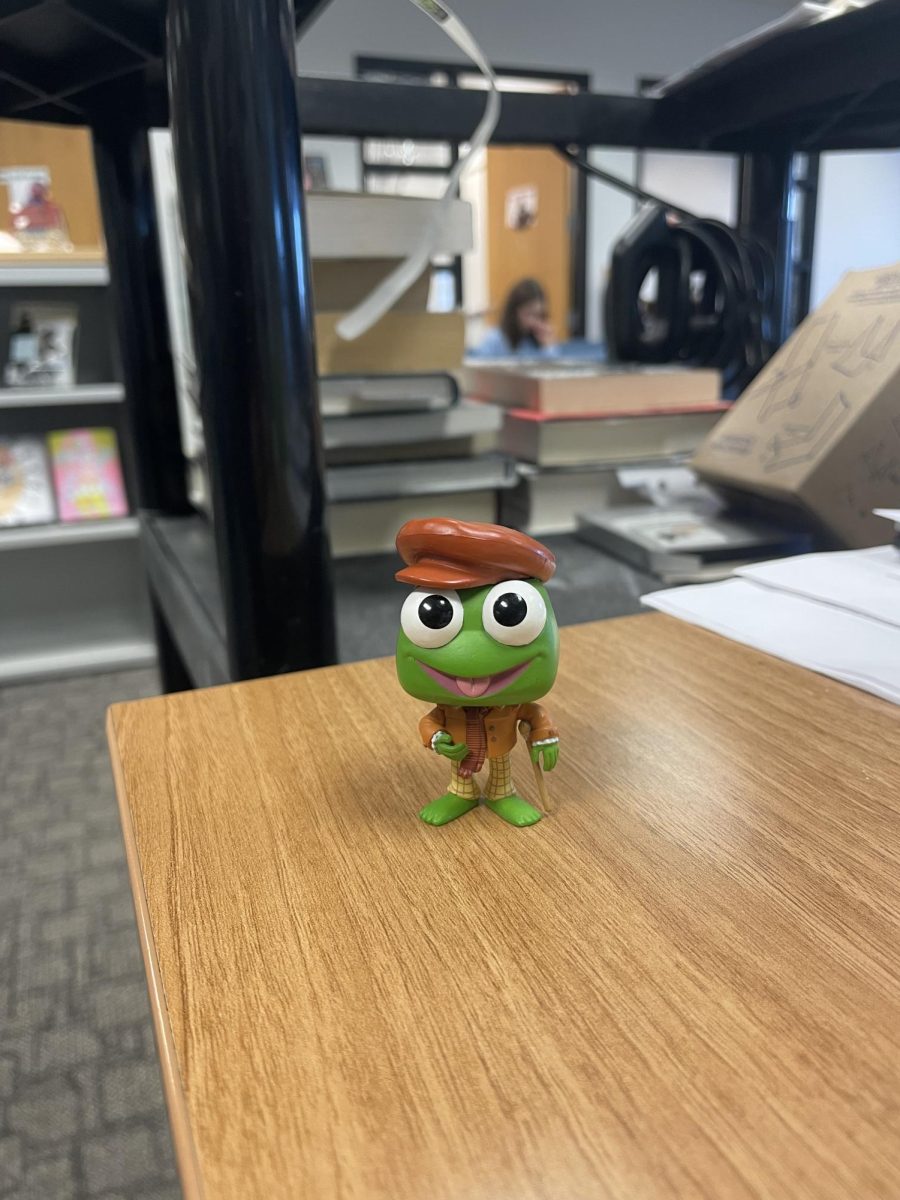
Ms. Merkl-Deutsch • Feb 5, 2025 at 10:11
Thank you for exploring this important topic!